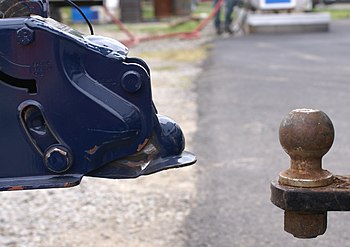Hardtops, or a truck bed cover as they are sometimes called, are huge plastic shells that can be placed on the bed of a truck. Hardtops are commonly placed over the bed of a truck to create more protected space to haul, or store things in the back of your vehicle.
If you are in the market for a ford ranger hardtop, than it is good to do your research on hard tops before purchasing one as you want to be sure to find the perfect one. Ford Ranger truck covers can be used for many things. If you have equipment like drums, or electrical equipment like lawn mowers, than having a hard top is a great idea. The truck covers are made from a hard plastic material, and are weather and rain resistant, so it will keep your fragile equipment safe and sound. Hard shells are also useful storage place for extra luggage, and camping equipment. Whether you leave the equipment in the hard shell for several hours, or several days, you know it will be safe and well protected from weather and burglars when you return to it.
Truck covers or camper shells are a great replacement for a tent too. Many truck covers have built in windows, and can be a great replacement for a tent if you do not have one. If you are unsure of where to purchase your ford ranger truck cover, than a great place to start looking is at your local car parts shop. Car parts shops often have new and used truck covers lying around, and if you don’t find what you are looking for, they often have classified ads up on the wall, where you can find all sorts of things for your vehicle including hard tops. The internet is another place to search for your hard top.
There are hundreds of websites that specialize in selling car accessories, and often when you purchase big items online, they will include free shipping straight to your home. Once you have received your ford ranger truck cover, installing it on the back of your ford should not be a hard task, and easy for most people to do. If you struggle to fit your ford ranger hard top to your vehicle, there are always instruction booklets you can find online.
In several simple steps you could order and install your ford ranger hard top, all you must do is decide the one you like the best.
